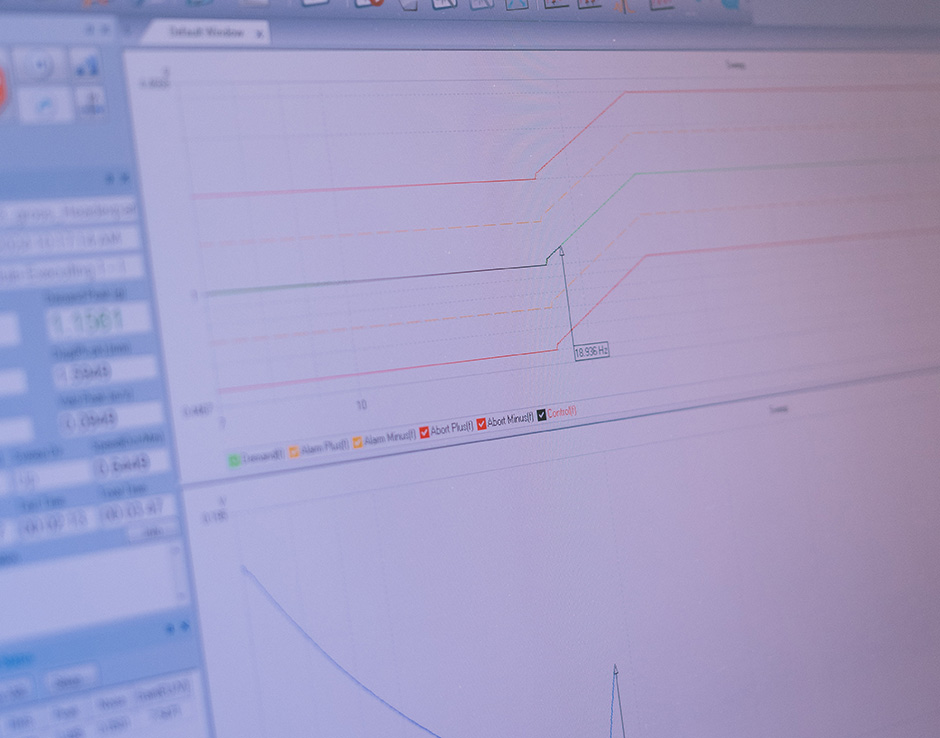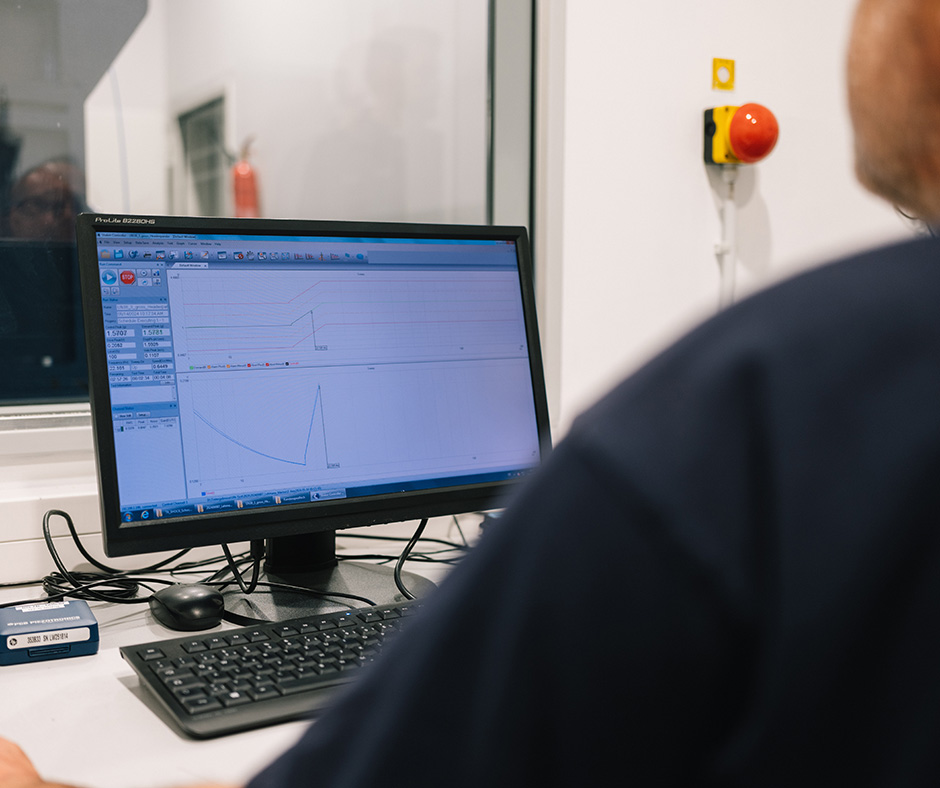UL 2595

IMPORTANT IN BRIEF
UL 2595
UL 2595 is an important safety standard for battery-powered devices. It defines basic requirements to minimise risks such as overheating, short circuits or electrical hazards. The standard applies to various areas, including portable electronics, household and industrial products. Compliance with it ensures that devices can be operated safely and comply with applicable safety guidelines.
As an independent and recognised testing laboratory, Batteryuniversity offers comprehensive testing and certification services for battery-powered devices in accordance with UL 2595. Our range of services includes mechanical stress tests, electrical safety tests and various scenarios for simulating potential hazards. We place particular emphasis on standard-compliant testing procedures and precise implementation of safety requirements. Our tests help manufacturers ensure that their products comply with UL 2595 and enable smooth market approval.

Why we are the right partner for your UL 2595 certification
Accredited testing centre
As an established testing laboratory, we are very familiar with the requirements of UL 2595 and can support you in the safe certification of your battery-powered devices for the international market.
In-depth expertise
We have specialised in testing and certifying battery-powered products for over 15 years. Our team of experts has extensive knowledge of safety standards such as UL 2595 and ensures that testing procedures comply with standards.
Comprehensive testing services
We offer all the tests required for UL 2595 certification at a single location. Our testing services include mechanical, electrical and safety-related tests to ensure the conformity of your products and identify potential risks at an early stage.
Rapid market launch
Thanks to efficient and precise testing processes, we guarantee rapid certification in accordance with UL 2595. This allows you to bring your products to market quickly and safely without having to worry about unnecessary delays.
Innovative laboratory techniques
Our testing laboratory is equipped with high-precision testing equipment that enables reliable and detailed evaluation of your products. We rely on state-of-the-art measurement technology and continuous development to deliver accurate test results.
Adapted testing methods
We tailor our testing methods to each product type. Whether it's portable electronics, household appliances or industrial applications, we design our tests specifically to meet the requirements of UL 2595 and the specific characteristics of your product.

The role of UL 2595 in the safety of battery-powered devices
Battery-powered devices have become an integral part of our everyday lives, from smartphones and household appliances to industrial applications. However, the use of these devices also entails safety risks. Malfunctions or inadequate protective mechanisms can lead to overheating, short circuits or electrical defects, which in the worst case can cause fires or injuries. This is precisely where UL 2595 comes in: it defines safety requirements that minimise the risk of such incidents and ensure that devices function reliably even under stress.
Compliance with UL 2595 is therefore a decisive factor for manufacturers who want to bring their products to market. Consumers and businesses expect devices that are not only powerful but also safe. With UL 2595 certification, manufacturers can ensure that their products comply with current safety standards and are recognised worldwide.
This is how the UL 2595 certification process works
The path to UL 2595 certification involves several phases that ensure all safety-related requirements of the standard are met. The process begins with a detailed analysis of the device to identify any safety risks and determine which specific tests are required. This enables precise planning of the test procedures. In the next phase, the products undergo comprehensive safety testing in our laboratory. This includes mechanical stress tests, electrical testing procedures and tests to simulate misuse. These tests ensure that the device does not pose a hazard even when used intensively. Once the tests have been successfully completed, a detailed test report is produced, documenting the results and serving as the basis for official certification.
Once all UL 2595 requirements have been met, the product receives official certification. This certifies that it meets the highest safety standards and can be placed on the market without hesitation. Our team will continue to advise you after certification to ensure that your products remain compliant with current standards and that you can respond to any changes at an early stage.
FREQUENTLY ASKED QUESTIONS & ANSWERS
UL 2595 specifies comprehensive safety requirements for battery-powered devices. These include specifications for electrical safety, mechanical resilience and protection against overheating, short circuits or other potential hazards that may arise during operation. The aim is to ensure the safe use of the devices under real-life conditions.
UL 2595 defines safety requirements for battery-powered devices, while UL 1973 applies specifically to stationary battery storage systems and certain mobile applications such as auxiliary batteries in electric vehicles. UL 1973 places particular emphasis on the thermal stability, long-term safety and electrical reliability of battery systems, while UL 2595 primarily regulates safety-related aspects in the daily operation of battery-powered devices.
UL 2595 certification includes mechanical stress tests, electrical safety tests and tests to simulate misuse. These tests evaluate, among other things, resistance to impact, thermal stress and behaviour in the event of overload or short circuit in order to identify potential safety risks at an early stage.
UL 2595 is relevant for a wide range of battery types in portable and stationary devices. These include rechargeable lithium-ion batteries, nickel-metal hydride batteries and other cell technologies used in consumer electronics, household appliances and industrial applications.
UL 2595 certification confirms that a product complies with applicable safety standards and can be operated safely. This minimises the risk of product failures and liability claims while facilitating market access. Many trade and distribution partners require this certification as a prerequisite for sale.
With over 15 years of experience in battery testing and state-of-the-art laboratory technology, we are your reliable partner for UL 2595 certification. Our accredited testing laboratory offers customised testing procedures and efficient test processing.
INFORMATION ABOUT THE AUTHOR
Alexander Roth
Alexander Roth is head of the test laboratory at Batteryuniversity and an expert in the testing and certification of lithium-ion batteries.







